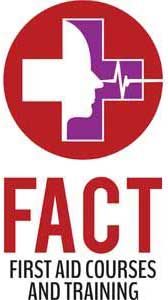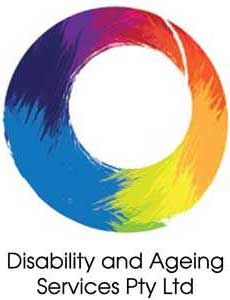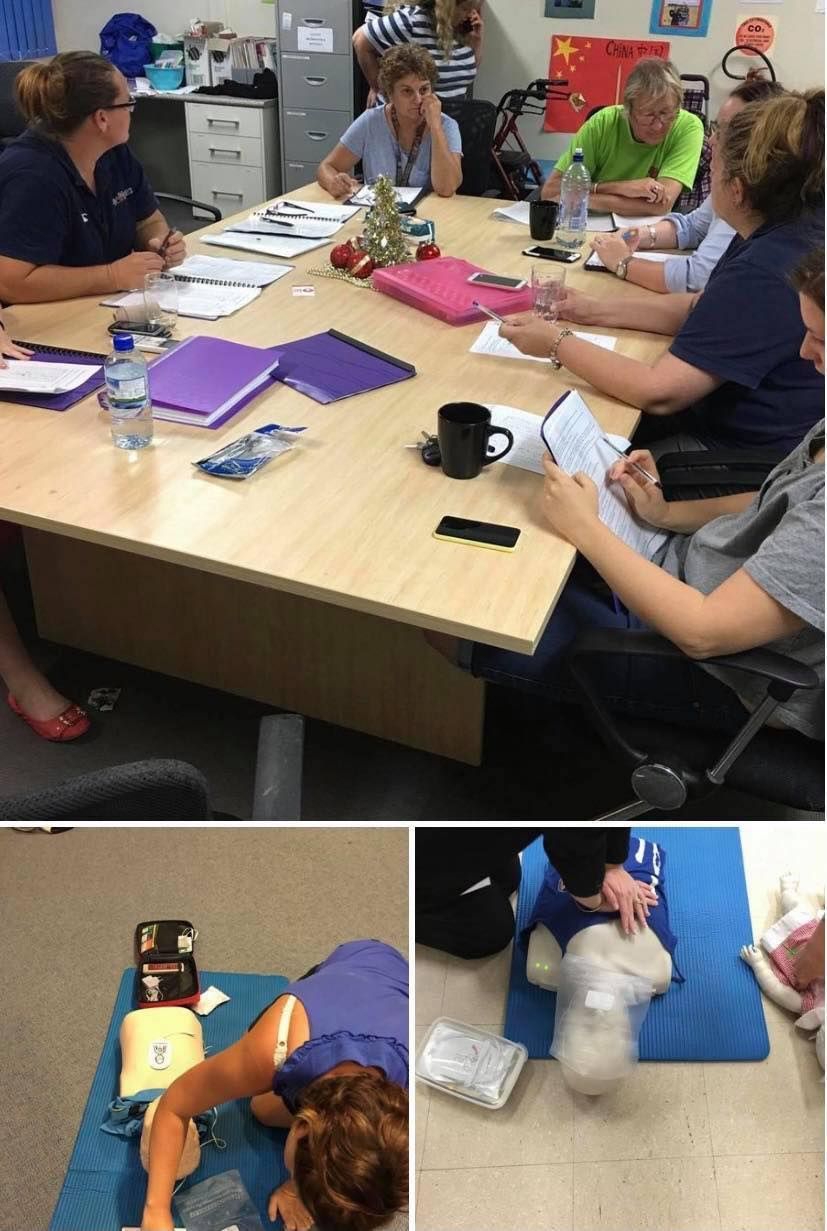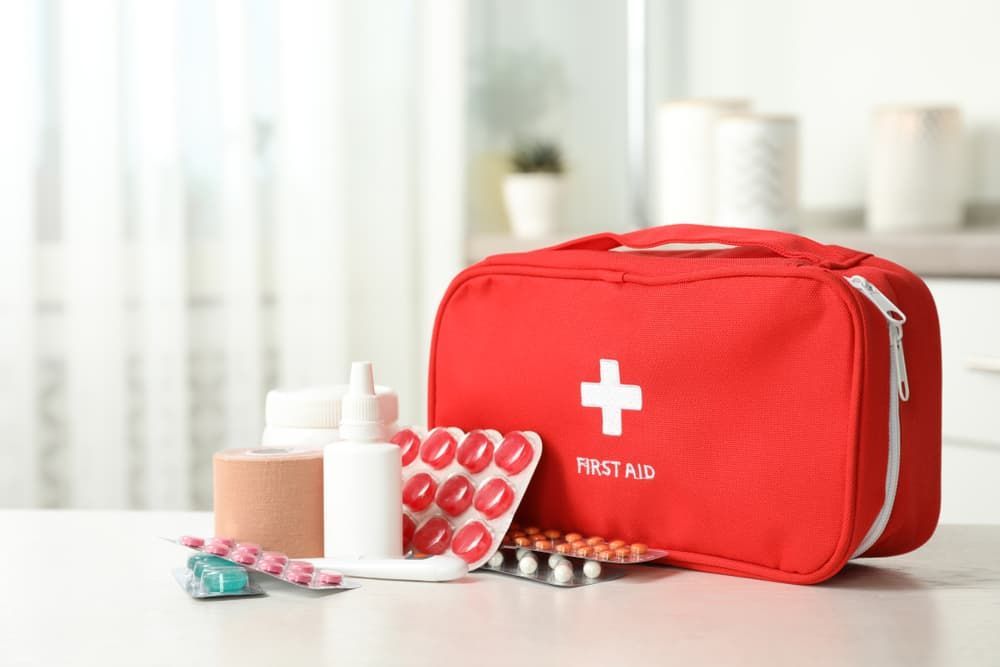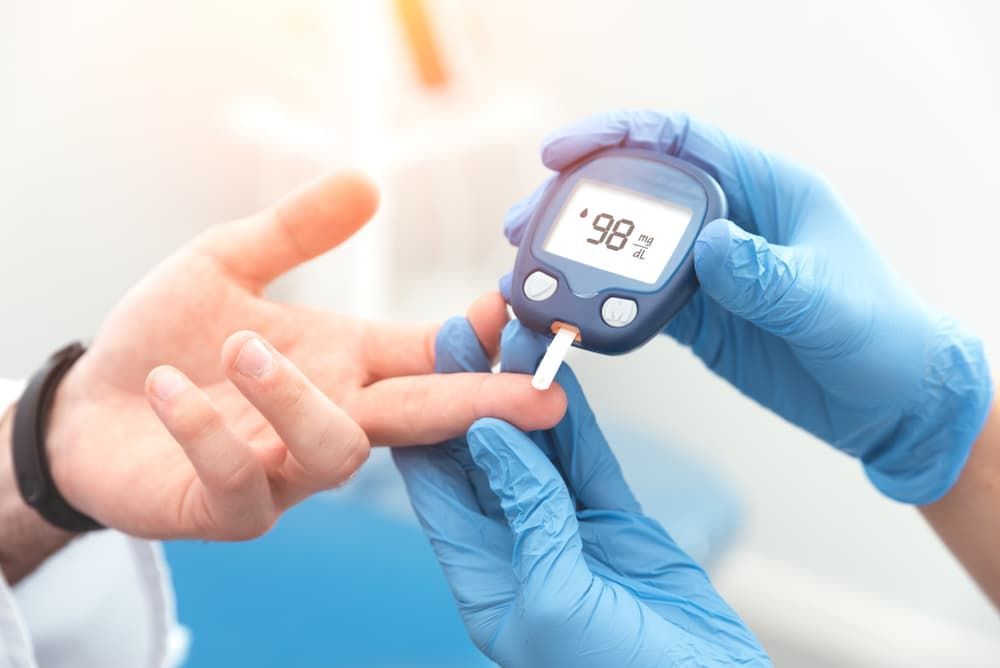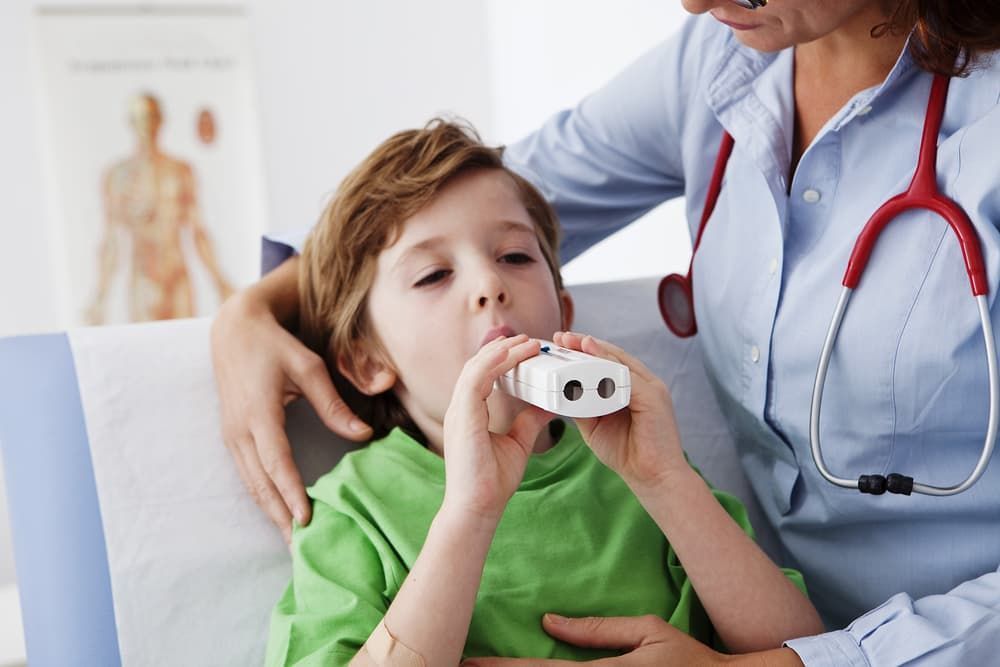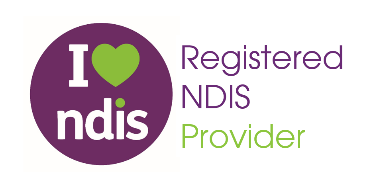Contact Us
Contact Us
City skyline
Essential Healthcare Courses
Welcome to our comprehensive workshop series designed to enhance your knowledge and skills in various critical healthcare areas. At First Aid Courses and Training (FACT), we offer a range of engaging and interactive workshops to equip you with the expertise needed to provide quality care and support to individuals in diverse healthcare settings. Our Mackay workshops cover essential topics such as:
- Manual Handling
- Medication Administration
- PEG Feeding
- Diabetes Management (including BSL monitoring)
- Epilepsy Management
- Documentation
- Asthma and Anaphylaxis Management
- Cultural Competence
Led by experienced trainers, these workshops provide valuable insights, practical techniques and up-to-date information to ensure you are well-prepared to deliver exceptional care. Whether you are a healthcare professional seeking to expand your competencies or an individual looking to improve your understanding of these critical areas, our workshops offer a valuable learning experience. Join us and enhance your skills in these vital healthcare domains.
Contact us on
0488 442 325 to learn more and enrol in our upcoming workshops or
first aid courses and training programs.
Enquire about our courses & services today!
About Our Workshops
Manual Handling
Medication Administration
PEG Feeding
Diabetes Management including BSL monitoring
Epilepsy Management
Documentation
Asthma and Anaphylaxis Management
Cultural Competence
City skyline
City skyline
Manual Handling Session
The topics in this session include:
Regulations and safe work practices
Infection control principles and procedures
Duty of care
Cultural awareness
Using hoist and slide sheets
Mobilising a person safely
Duration is 2.5 hours
Reward: Workshop Attendance Certificate
Medication Administration Session
The topics included in this session are as follows:
Legislation, regulations and definitions
Incident reporting
Infection control principles and procedures
Duty of care
Handling and storing medication
Administering medication safely using Nursing Council Guidelines
Documentation
Importance of debriefing and recording
Duration is 2.5 hours
Reward: Workshop Attendance Certificate
City skyline
City skyline
PEG Feeding Session
This session includes the following topics:
Regulations and definitions
DRSABCD
Issues related to PEG Feeding
Feeding procedure
Documentation and incident reporting
Infection control principles and procedures
Duty of care
Cultural awareness
Importance of debriefing and recording
Duration is 2.5 hours
Reward: Workshop Attendance Certificate
Diabetes Management (& BSL Monitoring)
This session includes the following topics:
Regulations and definitions
BSL Monitoring and recording readings
Administering Medication following strict guidelines
Dealing with hypoglycaemic events
Incident reporting
Infection control principles and procedures
Duty of care
Cultural awareness
Importance of debriefing and recording
Duration is 2.5 hours
Reward: Workshop Attendance Certificate
City skyline
City skyline
Epilepsy Management Session
The Epilepsy Management session includes these topics:
Regulations and definitions of asthma and anaphylaxis
CPR techniques on infants, children and adults
DRSABCD, including the use of a defibrillator (AED)
Incident reporting in a childcare setting
Infection control principles and procedures
Chain of survival
Duty of care
Cultural awareness
Importance of debriefing and recording
Duration is 2 hours
Reward: Workshop Attendance Certificate
The Documentation Session
This session covers the following topics:
Regulations
Duty of care
Confidentiality
Importance of debriefing and recording
Duration is 2.5 hours
Reward: Workshop Attendance Certificate
City skyline
Asthma & Anaphylaxis
All schools and childcare providers are required to have staff trained in Asthma Management and Anaphylaxis Awareness and to ensure a trained First Aider is immediately available at all times—in the classroom, on the playground, camps and on excursions.
The topics covered in this session include:
Regulations and definitions of asthma and anaphylaxis
CPR techniques on infants, children and adults
DRSABCD, including the use of a defibrillator (AED)
Incident reporting in a childcare setting
Infection control principles and procedures
Chain of survival
Duty of care
Cultural awareness
Importance of debriefing and recording
Duration is 2.5 hours
Reward: Workshop Attendance Certificate
